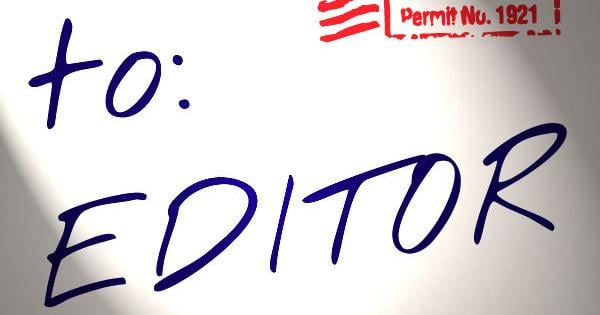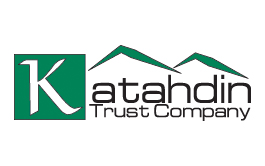
Protecting Access to Health Care: The Vital Role of Medicaid in Times of Crisis
Access to healthcare is a fundamental right that significantly impacts families navigating serious health challenges. For millions, programs like Medicaid offer crucial support during distressing times. The experiences of individuals confronting severe illnesses elucidate the profound importance of these programs.
One poignant account comes from a personal narrative that sheds light on the invaluable assistance Medicaid can provide. A son reflected on his mother’s courageous battle against cancer, revealing that Medicaid was not just a safety net but a lifeline that granted precious time. This time was vital, enabling the family to love, cherish, and ultimately say goodbye, underscoring the emotional aspect of healthcare access.
Medicaid, a public health insurance program initiated in 1965, aims to serve low-income individuals and families, providing financial assistance for qualified medical expenses. The significance of Medicaid extends beyond mere funding; it serves as a mechanism that ensures continuity of care for vulnerable populations, including the elderly, disabled, and individuals battling chronic illnesses.
The debate surrounding healthcare accessibility is intense, particularly regarding Medicaid expansion. Advocates argue that expanding Medicaid eligibility would not only improve health outcomes by providing comprehensive care but also help reduce the long-term economic burden on families and the healthcare system. By ensuring adequate treatment options, families can avoid the crisis of overwhelming medical debts and facilitate a focus on healing and togetherness.
From a larger perspective, access to healthcare is linked to broader public health outcomes. Expanding Medicaid can help lower the mortality rates associated with untreated medical conditions. Moreover, improved access leads to preventive care, reducing the necessity for more costly emergency interventions that strain healthcare resources.
The urgency to protect and enhance access to healthcare through programs like Medicaid has never been clearer. As families confront painful health challenges, the collective responsibility to ensure everyone has the right to essential medical care is paramount. Ensuring that programs like Medicaid remain viable and accessible is not only an investment in public health but also a moral imperative that recognizes each individual’s right to health and dignity, particularly in their most vulnerable moments.
In conclusion, protecting and potentially expanding Medicaid could pave the way for more significant changes in public health dynamics, leading to healthier communities and more equitable access to care. As health policymakers deliberate future strategies, the narratives of those who have benefitted from such programs should resonate powerfully, illustrating both the human and societal need for inclusive healthcare solutions.


